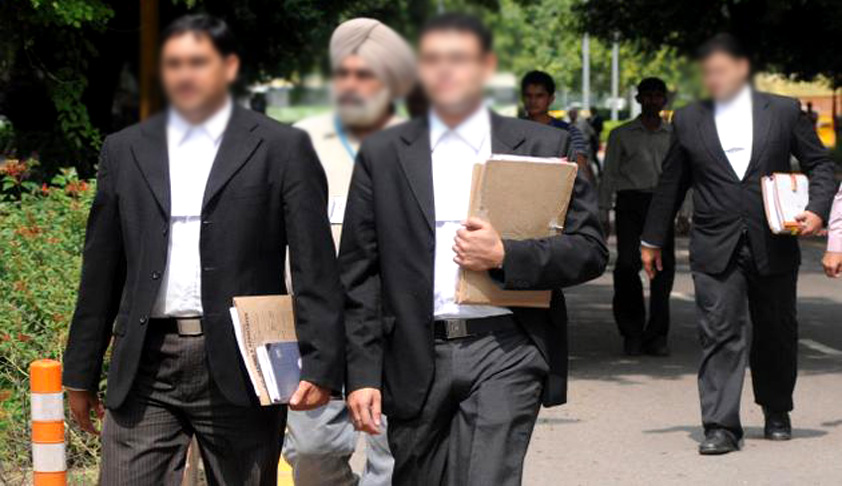Disciplinary Action Against Lawyers By Bar Council: SC Refuses To Interfere With Karnataka HC Order Dismissing Plea
Mehal Jain
6 April 2018 3:51 PM IST

Next Story
6 April 2018 3:51 PM IST
“Why did you file a PIL,” inquired Chief Justice Dipak Misra on Friday, as an SLP preferred against a January 8 order of the Karnataka High Court dismissing a writ petition seeking the writ of certiorari and the quashing of three notifications issued by the Karnataka State Bar Council taking disciplinary action against five advocates came up for hearing.By the impugned notifications,...
